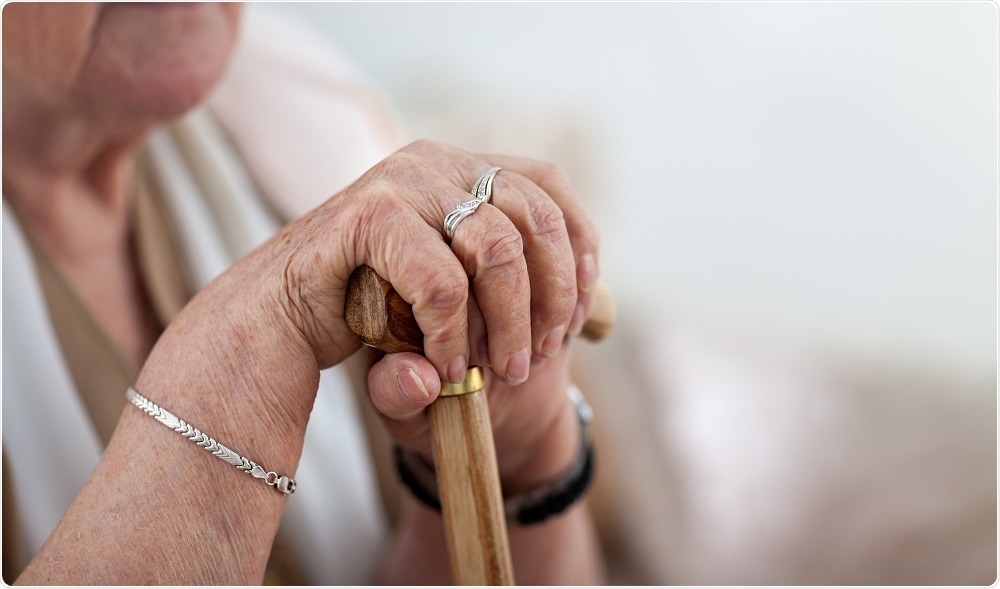A new study has helped to shed light on the process underlying muscle loss in old age, a condition that increases people’s risk of frailty and disability.
 Credit: Panigale/Shutterstock.com
Credit: Panigale/Shutterstock.com
The findings could help researchers find effective measures to counteract the process and reduce the likelihood of muscle loss in the future.
As people age, their leg muscles decrease in size and strength, making them prone to falling, disability, fracture and hospital admission. Although this problem eventually affects anyone who lives long enough, the process underlying muscle loss has not yet been understood.
This new research suggests that muscle loss occurs following nervous system changes. By time people reach the age of 75, the number of nerves involved in leg control is usually reduced by 30 to 50%. This causes muscle fibers to disconnect from the nervous system and become functionless, so they waste away.
However, in healthy muscles, surviving nerves develop new branches that retrieve some of the detached muscle fibers, a protective mechanism that is more effective when older adults have large, healthy muscles.
When this protection system is not effective and muscle fibers are not rescued, muscle loss can be extensive and result in a condition called sarcopenia, which affects up to one-fifth of people aged over 65 years.
The study was conducted by researchers from Manchester Metropolitan University in conjunction with University of Waterloo, Ontario, and The University of Manchester and is published in the Journal of Physiology.
The researchers used MRI to examine muscle tissue in detail and enhanced electromyography to record the electrical activity passing through the muscle and estimate the number and size of surviving nerves available to rescue muscle fibers.
Senior author Professor Jamie McPhee and colleagues are not clear on why exactly the connections between nerves and muscles stay healthy in some individuals, but not others and they are currently investigating whether regular exercise during middle- and older- age may slow the disconnection or improve the effectiveness of muscle-fiber rescue by branching nerves.
Our challenge now is to find ways to increase the success of nerve branching to rescue detached muscle fibres and thereby reduce the numbers of older people in our neighbourhoods with low muscle mass and muscle weakness."
Professor Jamie McPhee, Senior Author